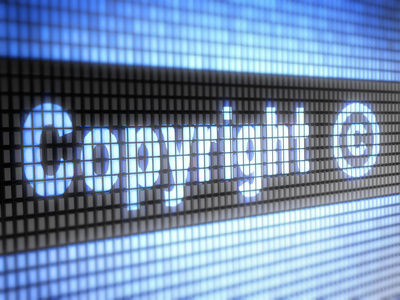New Exceptions To Copyright
Changes to make copyright ‘fit for the digital age’
Reforms to copyright law came into force on Sunday 1 June 2014 bringing estimated benefits of at least £250 million to the UK economy over the next 10 years.
The reforms introduce greater freedom in copyright law to allow third parties to use copyright works for a variety of economically and/or socially valuable purposes, without the need to seek permission from copyright owners.
Copyright exceptions
Copyright protects literary, dramatic, musical and artistic works as well as films, sound recordings, book layouts, and broadcasts.
If you want to copy or use a copyright work then you usually have to get permission from the copyright owner, but there are a few exceptions where you can copy or use part or all of a copyright work without permission.
The law on these exceptions has now changed to allow varying degrees of use of copyrighted works in:
- research and private study
- text and data-mining
- education and teaching
- archiving and preservation
- public administration
- accessible formats for disabled people
The Intellectual Property Office (IPO) has published a series of eight targeted guides about what the copyright law changes mean for different sectors and groups, including teachers, researchers, librarians, disability groups, artists, museums and consumers. The guidance also explains what users can and cannot do with copyright material.
Find IPO’s guidance on changes to copyright law on the GOV.UK website.
Further exceptions to copyright for private copying and parody and quotation are currently under consideration.
Source: nibusinessinfo.co.uk




